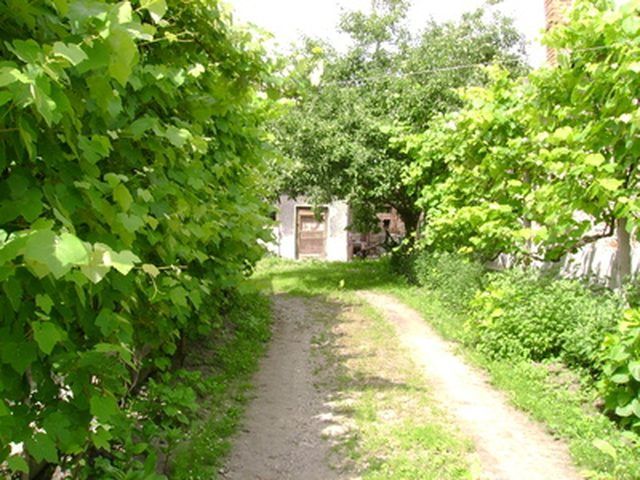Bulbs
Flower Basics
Flower Beds & Specialty Gardens
Flower Garden
Garden Furniture
Garden Gnomes
Garden Seeds
Garden Sheds
Garden Statues
Garden Tools & Supplies
Gardening Basics
Green & Organic
Groundcovers & Vines
Growing Annuals
Growing Basil
Growing Beans
Growing Berries
Growing Blueberries
Growing Cactus
Growing Corn
Growing Cotton
Growing Edibles
Growing Flowers
Growing Garlic
Growing Grapes
Growing Grass
Growing Herbs
Growing Jasmine
Growing Mint
Growing Mushrooms
Orchids
Growing Peanuts
Growing Perennials
Growing Plants
Growing Rosemary
Growing Roses
Growing Strawberries
Growing Sunflowers
Growing Thyme
Growing Tomatoes
Growing Tulips
Growing Vegetables
Herb Basics
Herb Garden
Indoor Growing
Landscaping Basics
Landscaping Patios
Landscaping Plants
Landscaping Shrubs
Landscaping Trees
Landscaping Walks & Pathways
Lawn Basics
Lawn Maintenance
Lawn Mowers
Lawn Ornaments
Lawn Planting
Lawn Tools
Outdoor Growing
Overall Landscape Planning
Pests, Weeds & Problems
Plant Basics
Rock Garden
Rose Garden
Shrubs
Soil
Specialty Gardens
Trees
Vegetable Garden
Yard Maintenance
Chigger Yard Treatment
Chigger Yard Treatment. The frustrating itch of chigger bites can drive homeowners to stay indoors in the warm summer months. Although spraying insecticides is recommended by some as a way to control chiggers in a yard, researchers at the Kansas State University Agricultural Experiment Station and Cooperative Extension Service question the...

The frustrating itch of chigger bites can drive homeowners to stay indoors in the warm summer months. Although spraying insecticides is recommended by some as a way to control chiggers in a yard, researchers at the Kansas State University Agricultural Experiment Station and Cooperative Extension Service question the effectiveness of using chemicals to combat the bugs. There are some short-term benefits to applying chemical sprays in certain chigger "hot spots," but you can also take longer-lasting preventative steps to control chigger populations.
Target Your Turf
The turf of your lawn should be cut at its shortest recommended height. This will allow sunlight to reach the ground. Chiggers do not thrive in hot, dry places. Chigger outbreaks often occur after prolonged rainy spells.
Remove Shrubs and Weeds
Remove potential chigger habitats such as high weeds and debris shrubs. The more sunlight, heat and air flow you allow into your yard the less the chance of chigger infestation.
Protect Guests
To accommodate guests, clear walking paths and other areas where guests may gather of turf or other plants that might harbor chiggers. If chiggers have invaded a deck or patio, wash the area with a bleach and water solution. Don't forget to wipe down lawn chairs and tables as well.
Limit Access by Rodents
Look for areas in your yard that might attract small animals such as squirrels. Small critters can become hosts for chiggers, allowing them to spawn more chiggers and create problems throughout your yard. Piles of leaves, stacks of wood and other areas where small mammals can hide should be removed. Make sure your garbage can lids are on tight to discourage other animals that may carry chiggers from making a home in your lawn.
Chemical Treatments
Chemical treatments such as Sevin will kill chiggers, but they may also eradicate insects that are be beneficial to your yard. Other chemicals that could provide short-term chigger control include sprays containing diazinon or chlorpyrifos. If you've cut your lawn short and taken other steps to remove habitats for chiggers, use these chemicals in targeted areas, such as the edges of your yard where larger shrubs or taller grasses are planted.